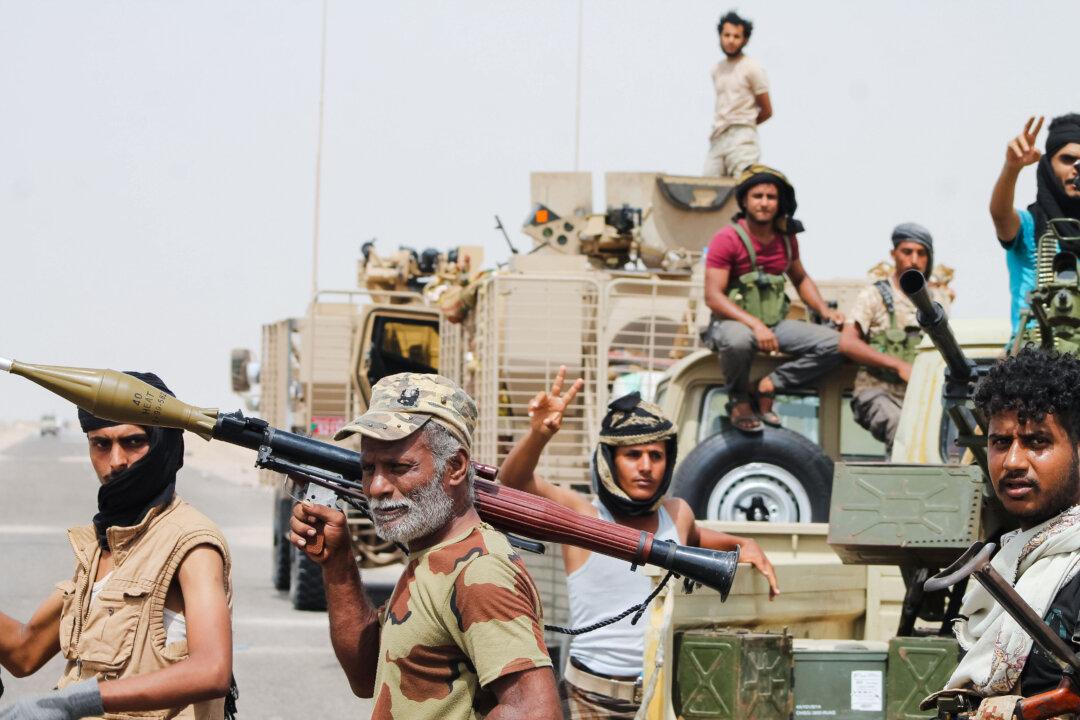The Iranian backed Houthi rebels attacked two more crude oil tankers on Monday that were passing through the international shipping corridor in the southern Red Sea off Yemen.
A spokesperson for the terrorist organization has claimed responsibility for one of the attacks so far, and U.S. officials said the group was also responsible for the attack on the second tanker.





